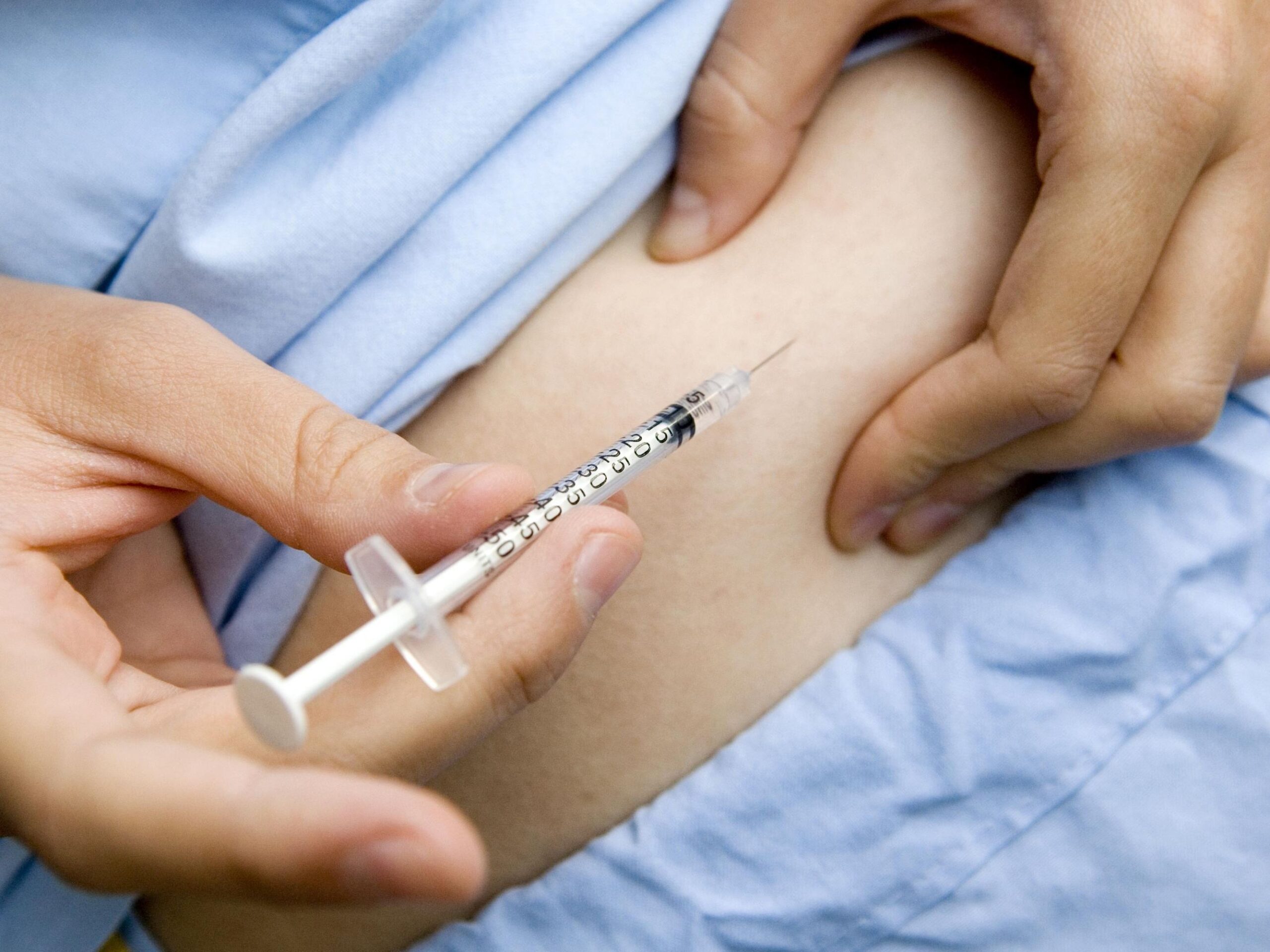Infertility affects a significant number of individuals and couples. The two types of infertility are primary and secondary infertility. Primary infertility involves married couples that have been unable to conceive see marriage. Secondary infertility involves couples that have only been able to conceive once. Today, infertility rates are surging because of unhealthy lifestyles. Smoking, abuse of drugs, excessive alcoholism, and poor diet are major lifestyle factors causing the problem. As a result, increased infertility cases have prompted a surge in infertility clinics in the United States.
Medication is the most common treatment for infertility. Here is a detailed discussion about the “what’s” and “why’s” of infertility medication.
Follistim
Imbalance in Follicle Stimulating Hormone (FSH) in the body increases the risk of infertility. Little amounts of FSH hampers the growth of follicles in a woman’s ovaries. Underdeveloped ovarian follicles prevent the production of mature ova (eggs). As a result, ovarian failure happens, causing infertility.
The medication Follistim helps to prevent the production of premature eggs after fertilization. The medication also supports the smooth growth of the ova to achieve pregnancy.
Note that Follistim is also necessary for men with testicular failure. Primary to stick Euler failure happens when the testes are not able to produce sperms. Fertility doctors administer Follistim through subcutaneous injection.
Note that cold Follistim will cause more pain and discomfort. The medication should be at room temperature before getting injected into your body. Discoloration or availability of particles in Follistim shows that the drug is fake or expired – be cautious!
Clomiphene
Delay or failure in ovulation happens when the FSH levels are too low. Clomiphene is necessary for women facing ovulation problems.
Clomiphene prevents the binding between estrogen and its receptor. As a result, the brain gets tricked into thinking that there is little estrogen in the body. The pituitary gland then gets stimulated to produce FSH, enabling the ovaries to produce mature ova. Clomiphene also stimulates the pituitary gland to produce luteinizing hormone (LH). The hormone prevents delayed ovulation.
Unlike Follistim,Clomiphene comes in the form of a tablet/pill. Your body’s reaction to the medication and underlying medical conditions will determine your Clomiphene dosage.
Dopamine Agonists
Prolactin is an important hormone in a woman’s body. The hormone helps to stimulate the production of milk in breastfeeding mothers. The imbalance of prolactin increases the risk of infertility in women. Too much prolactin in the body reduces the production of estrogen hormones, affecting the levels of FSH.
Excessive production of prolactin in one’s body is known as hyperprolactinemia. Dopamine agonists treat the condition by balancing the prolactin in the body. A reduction in the release of prolactin hormones maintains the levels of estrogen and FSH.
Note that hyperprolactinemia also affects men. The condition limits the production of gonadotropins, affecting the reproductive function of the testes. As a result, the production and development of sperm cells get inhibited, causing male infertility.
Bromocriptine and cabergoline are the two dopamine agonists used to treat hyperprolactinemia. The medications come in the form of capsules and are available as generic drugs.
Progesterone Micronized Gel/Crinone Gel
Progesterone prepares the uterine lining (endometrium) for the implantation of the egg after fertilization. The hormone also prevents uterus contraction during pregnancy growth. The release of progesterone by the corpus luteum should increase after ovulation. Low progesterone means that the uterus is not ready to receive the fertilized egg. As a result, egg implantation fails to take place, making it impossible to conceive.
For low progesterone, you may be prescribed a micronized gel or Crinone gel. A coating forms on the vaginal walls after using this medication. As a result, progesterone in the gel gets absorbed via the vaginal tissues into the uterine lining. The medication will facilitate embryo implantation when your body can’t produce enough progesterone.
You won’t stop using Crinone gel after getting pregnant. Fertility doctors will advise you to continue using the medication for the following 10-12 weeks after conceiving. The period enables the ovaries to start producing enough progesterone hormones.
Novarel Vial
The medication is necessary for women whose bodies don’t produce enough human chorionic gonadotropin (hCG). Human chorionic gonadotropin also facilitates the ovulation process. Low levels of hCG hinder the production of enough progesterone in the ovaries.
Novarel Vial improves the release of hCG and progesterone, enabling one to conceive easily. Fertility doctors administer Novarel Vial together with Clomiphene medication. Note that Novarel Vial does not treat ovarian failure. The medication only helps with healthy ovaries that can’t produce ova.
Fertility doctors administer the medication through injections. Factors like the body’s response, weight, and underlying health problems determine the dosage.
Visit Infertility Clinics
Many infertility clinics in the United States offer quality treatments to couples facing this physically and emotionally taxing condition. Do thorough research to find a clinic you can trust to guide you through your treatment.
